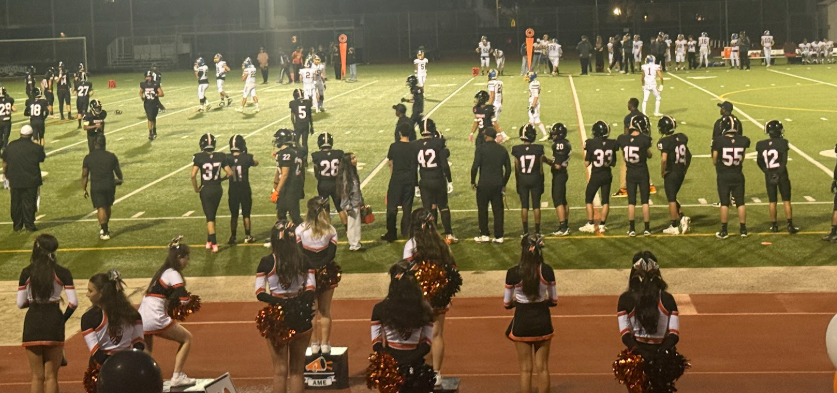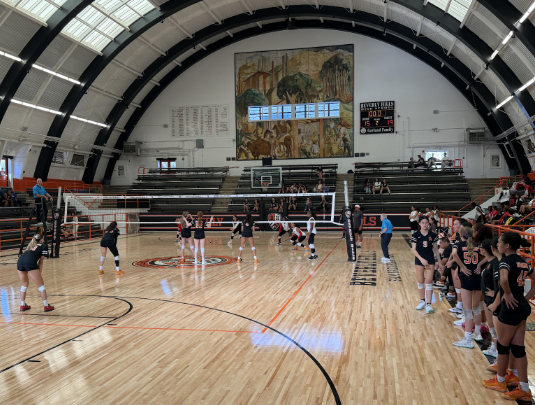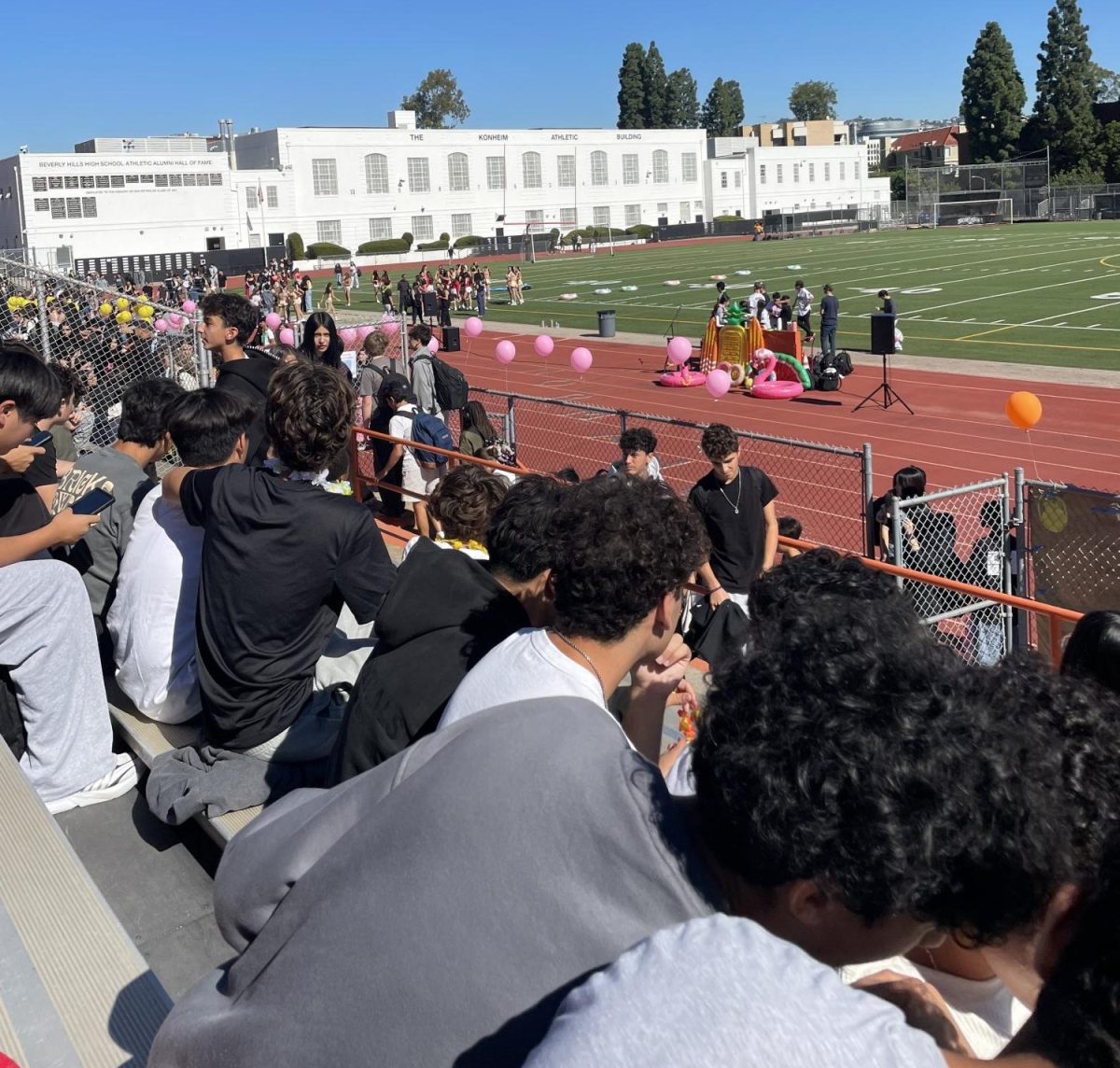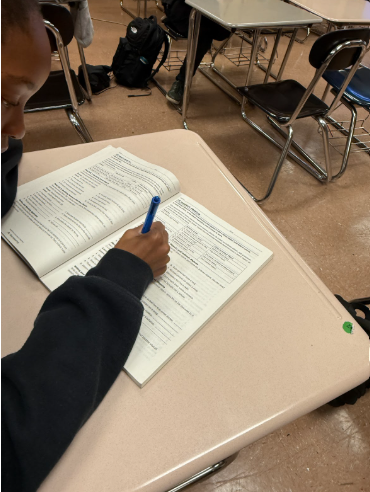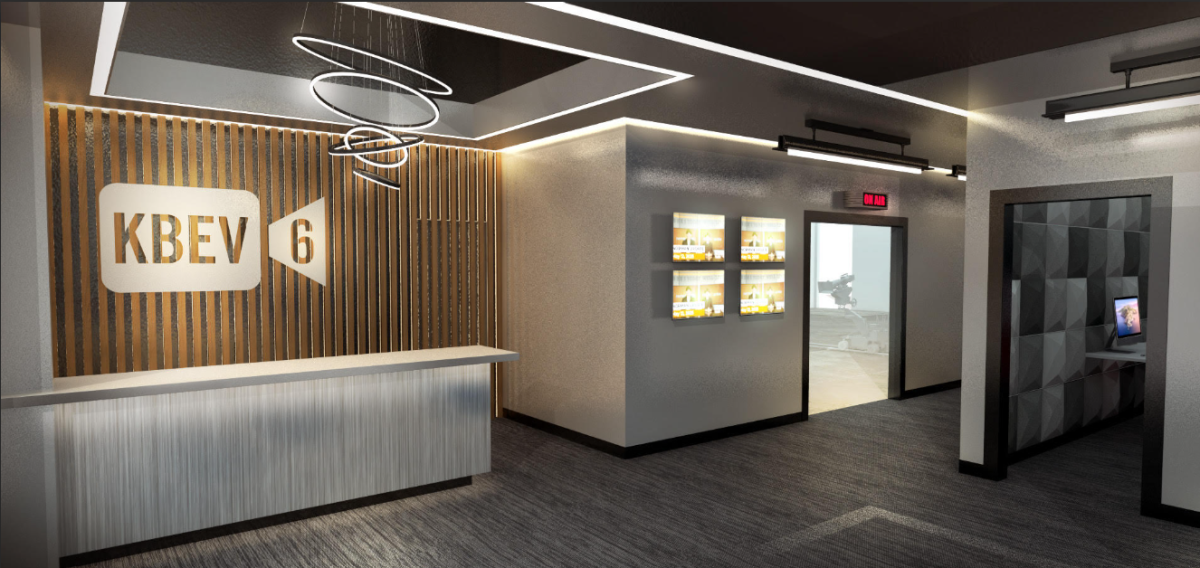Hello, Normans! Welcome to the seventh and final installment of Take a Bite out of Health.
After all that we have discovered together through this investigative biomedical journey, the time has come to give a voice to all of you!
When I began this project, I initially considered attempting to change the food offerings at our school cafeteria. I then realized the catch-22 situation this movement would create; by forcing the formation of healthy habits through the elimination of unhealthy choices, I was not setting anybody up for long-term success. It is easy to make smart decisions when one’s only options are healthy; it takes genuine self-care and habitual, conscious practice to make healthy decisions when faced with easier, more accessible, or more appealing options.
This realization was further reinforced by the results of my student survey sent out to all of you. When asked, “Do you think it is up to the individual to form healthy habits, or should the options offered to the individual be changed?” approximately 39.5% of students – nearly 4 in 10 – held the belief that “[e]xisting systems (school cafeterias, workplaces, restaurants, etc.) should change the options they offer to be more healthy.” This is by no means an objectionable opinion; however, it is unrealistic. In the post-secondary education world, institutions do not bend to the needs of consumers. As long as consumers consume with enough consistency and in enough quantity, and as long as these institutions follow the basic guidelines of health agencies and similar entities, they have no incentive to change. Zero.
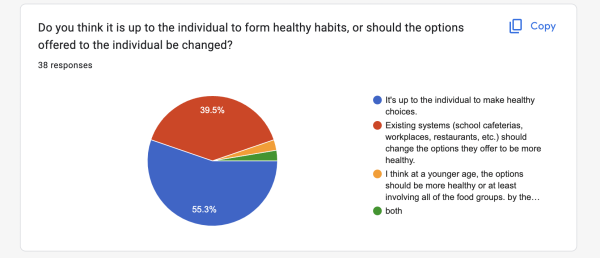
With that understanding, we cannot safely rely on others to help us make healthier choices. We must first look within ourselves to develop sustainable and healthy habits and decision-making processes that will aid us in our futures – whether we are faced with friendly institutions that cater to our health needs, or industry giants who profit off the poor health and junk food addiction of consumers.
Now for some quick statistics, based on student voices and experiences across campus:
- “Were you raised with an understanding of the importance of making healthy food choices?”
- 94.7% yes
- 5.3% no
- “Do you believe the school lunches are healthy?”
- 76.3% sometimes
- 18.4% never
- 2.6% not really
- 2.6% always
- “How often do you take the vegetables and fruits offered to you in the cafeteria?”
- 28.9% never
- 23.7% rarely (~1 day per week or less)
- 21.1% often (~4 days per week)
- 13.2% sometimes (~2-3 days per week)
- 13.2% always/usually (~5 days per week)
- “How would you rate the quality of the school cafeteria produce (fruits, vegetables, etc.)?” (on a scale from 1 -terrible- to 5 -excellent/fresh-)
- 52.6% said 3
- 23.7% said 2
- 18.4% said 4
- 2.6% said 5
- 2.6% said 1
- “What is your favorite lunch station?”
- 36.8% burrito bar
- 34.2% hot food/daily special
- 18.4% pizza
- 10.5% grill (burgers, chicken sandwiches, etc.)
- “What is the biggest change you would like to see with the cafeteria food?”
- 21.1% taste
- 18.4% health/nutrition
- 7.9% accessibility
- 50% all of the above
- 2.6% other
- 0% none
- “Do you believe you are able to make healthy food choices in the cafeteria?”
- 73.7% yes
- 18.4% no
- 7.8% other/sometimes
- “Do you think the risk of Type 2 Diabetes and/or Insulin Resistance is a major issue for your age group?”
- 47.4% no
- 39.5% yes
- 13% other
- “Do you think it is up to the individual to form healthy habits, or should the options offered to the individual be changed?”
- 55.3% it’s up to the individual
- 39.5% institutions should change
- 5.2% other
- “If you feel you are making unhealthy lifestyle choices, do you think early interventions (preschool age) would have helped you?”
- 71.1% yes
- 18.4% no
- 10.4% other
- “Do you notice positive changes in focus or mood when you make healthier food choices?”
- 78.9% yes
- 18.4% haven’t noticed
- 2.6% no
- “Looking toward the future, do you think your health choices have set you up for a healthy future through healthy food choices post-high school?”
- 84.2% yes
- 10.5% no
- 2.6% other
This is the data I have gathered from all of you. Many of you are on track to leading healthy and sustainable lives. Many of you admit to struggling, and it is important to remember: awareness of ourselves and the broader social health context in which we live is the first step to advancing individually and collectively. Even if we struggle to make healthy decisions and form conscientious habits now, our mere acknowledgment of this places us leagues beyond those who cannot or will not recognize such realities.
39.5% of us believe that type 2 diabetes and insulin resistance are not major issues for our age group; I hope my prior articles and explorations change that statistic. This is a pressing issue for the youth population globally, but especially in the United States. This is a pressing issue largely because we do not realize the extent of its breadth and scope.
Following awareness of the issue at hand, education is the second essential step in preventing and reversing this global health epidemic. These two concepts in tandem lead to disease prevention and reversal, habit reshaping, and overall healthier living.
Thank you for joining me throughout this investigative and educational health journey! If you believe I made an error or misrepresented any information over the course of my column, please do not hesitate to contact me at [email protected]. Learning is a collective effort, and I welcome any attempts to proactively contribute to an informed, accurate, and expansive education.
With that, I thank you all for your time. Health begins with you. Good decisions can be made regardless of the unhealthy choices provided. Bad habits are learned and can be unlearned and reshaped with proper effort. Education is the key to disease prevention and reversal. I urge you all to take charge of your health. Ask questions. Become more actively involved in your doctors’ appointments, treatment interventions, and lifestyle choices. Be comfortable making choices from a place of knowledge and self-awareness rather than ignorance and passivity. If you do not like the way a system functions or an industry treats you, work to make a change. Feel secure in the choices you make and the education you receive, and as always, take a bite out of health, Normans.







